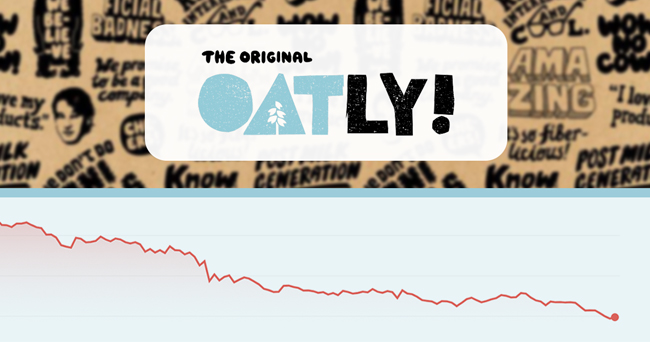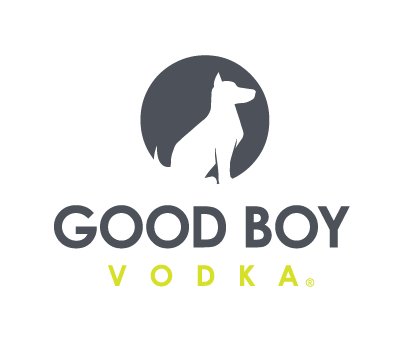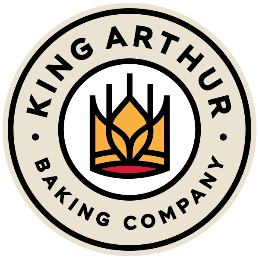Growth, Culture Creating Obstacles for Oatly, Reports WSJ

Oatly took a broadsheet broadside yesterday, with the Wall Street Journal reporting on the ways that problems around the company’s attempts to scale over the past two years are affecting the faith of the markets.
The story came as the stock price for the oat milk pioneer continued their steep descent Monday, bottoming at less than $5 per share, or less than ⅕ of a mid-June high of $29.
Oatly’s attempts to build out factories to fuel its expansion in the U.S. have been fraught with complications, according to the Journal, which drew a timeline between the company’s initial 6-month delays on its Millville, N.J. plant to quality control issues surrounding a $50 retrofit of a plant in Ogden, Utah that eventually ballooned to more than twice that amount.
It’s not just delays, however – according to the Journal, the Millville plant cost the company money and time due to wastewater treatment issues. The paper cited internal company documents on the plant issues which forced the company to pause operations and also to ship wastewater to Pennsylvania at a cost of more than $100,000 monthly.
Plant issues cost more than money and time, however: they also created an opportunity for other manufacturers to catch up to Oatly, the Journal reported. Hood’s Planet Oat took the share lead in the category as Oatly struggled with manufacturing, according to NielsenIQ data cited by the Journal, while brands like Chobani, Califia, and Danone have each made inroads in the oat milk market.
The delays have resulted in out-of-stocks at Oatly’s customers, according to retailers in the Journal story. While the company reported sales of nearly $650 million last year, up 46% in the fourth quarter, its margins slid from 26% to 14%. CEO Toni Petersson has said the margin decrease and the company’s increasing red ink are the cost of growth – its top job, he told analysts during last week’s 4th quarter earnings call.
Petersson himself came under scrutiny in the story, which featured former employees and consultants complaining that the wisecracking CEO wasn’t a vegan and had created internal dissent due to his appearance in the company’s 2021 Super Bowl ad. One former employee, Maria Inetti, is quoted as saying that the company had abandoned its values as it sought to grow in the U.S.
Explore the Nombase CPG Database
Head to Nombase to learn more about the tagged companies and their offerings.



















